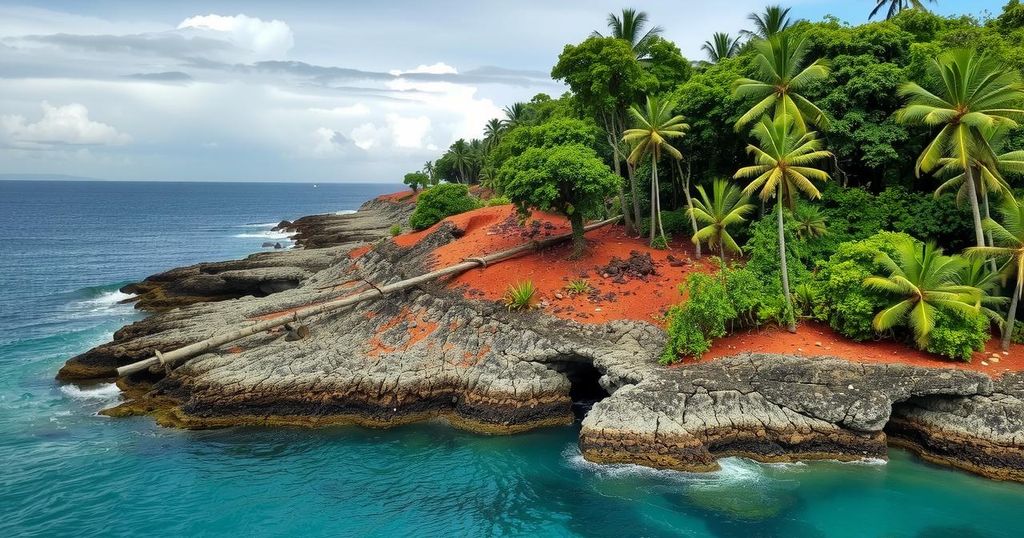Brazil Urges Global Action on Climate Change After Mayotte Cyclone Disaster
Brazil has called for increased global commitment to climate change adaptation following the devastation caused by Cyclone Chido in Mayotte. Expressing condolences to the victims, the Brazilian government emphasized the urgent need for international cooperation in addressing climate-related disasters. As the country prepares for COP30, it pushes for stronger measures to cut emissions and provide assistance to developing nations.
The recent cyclone that struck Mayotte, a French archipelago in the Indian Ocean, has underscored the pressing need for enhanced global efforts to adapt to the ramifications of climate change, according to statements made by Brazil on Monday. Expressing condolences to the victims of Cyclone Chido, which has been reported as one of the most devastating storms to hit the region in 90 years, Brazil has called on the international community to intensify its commitment to adapting to extreme weather events.
With Brazil currently holding the G20 presidency and preparing to host the next UN climate change conference, COP30, in Belem, Amazonas in November 2025, the country emphasized the importance of proactive measures in response to climate-related challenges. The Brazilian foreign ministry issued a call for partner nations to increase their efforts to address the impacts of climate change, reflecting a broader global consensus on the critical nature of this issue.
Brazil’s government has reacted with regret to the destruction caused by Cyclone Chido, which has reportedly resulted in hundreds of fatalities and significant damage, particularly in vulnerable communities within Mayotte. The foreign ministry’s statement conveyed solidarity with the affected populations, as French authorities continue rescue operations for the 320,000 residents, many of whom reside in precarious housing.
As an advocate for ambitious climate action, Brazil has taken significant strides since the return of President Luiz Inacio Lula da Silva to power, aiming to curb deforestation in the Amazon rainforest—an integral part of the global ecological balance due to its capacity to absorb carbon dioxide. The nation announced plans to enhance its greenhouse gas reduction targets, pressuring wealthier countries to support developing nations in their climate adaptation initiatives. At the COP29 summit in Azerbaijan, Brazil was prominent in negotiations for increased financial support from developed nations for climate resilience efforts.
The devastating impacts of climate change have become increasingly visible through frequent natural disasters, emphasizing the urgent need for adaptation strategies worldwide. Brazil has positioned itself as a leader in advocating for meaningful climate action and adaptation policies, particularly as it prepares to host crucial international discussions focused on these issues in the coming years. The tragic events in Mayotte serve as a reminder of the vulnerability faced by many nations, particularly those with limited resources for disaster response and recovery. Mayotte, having a significant portion of its population living in underdeveloped conditions, faces challenges that are exacerbated by such climatic disasters. Cyclone Chido’s recent impact is expected to drive home the necessity of enhanced adaptation measures and international cooperation in combating the threats posed by climate change.
In summary, the catastrophic effects of Cyclone Chido on Mayotte have highlighted the critical need for heightened international collaboration to adapt to climate change. Brazil’s call for increased global efforts underscores its leadership role in climate advocacy, particularly as it prepares for its presidency at COP30. The need for concerted action and support for vulnerable nations is becoming ever more urgent as extreme weather events continue to increase in frequency and intensity.
Original Source: www.barrons.com




Post Comment